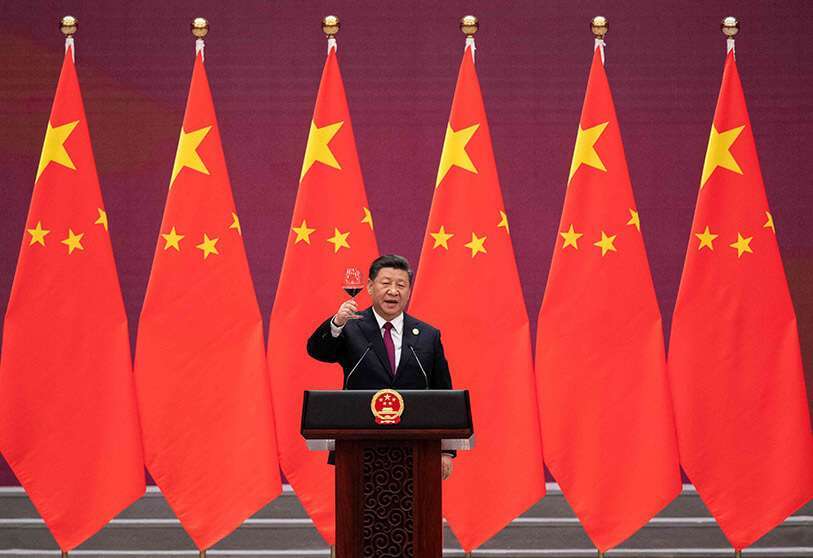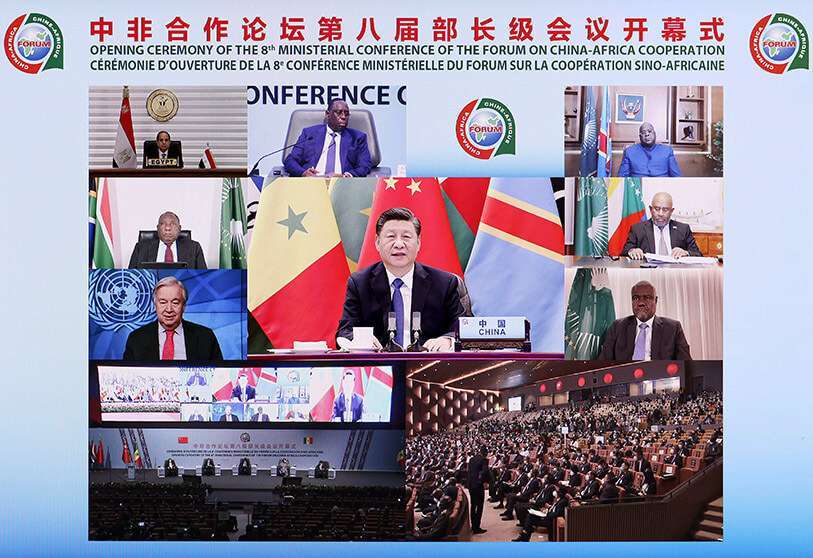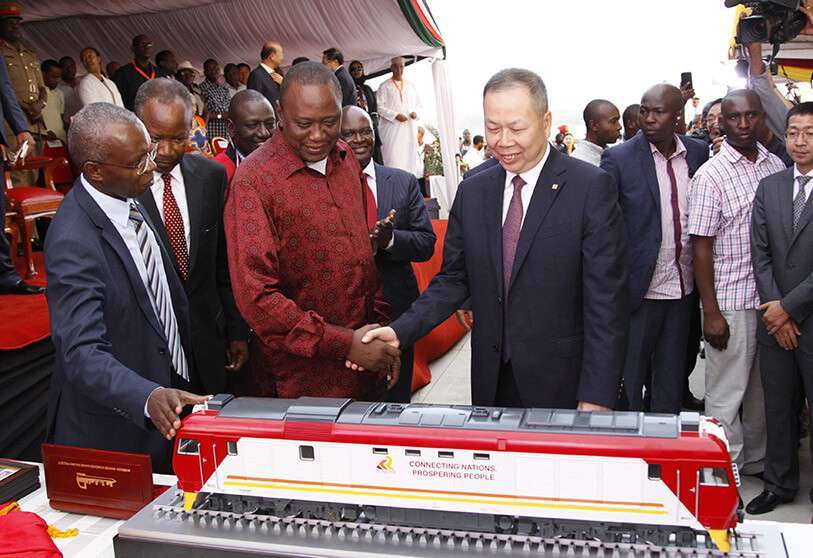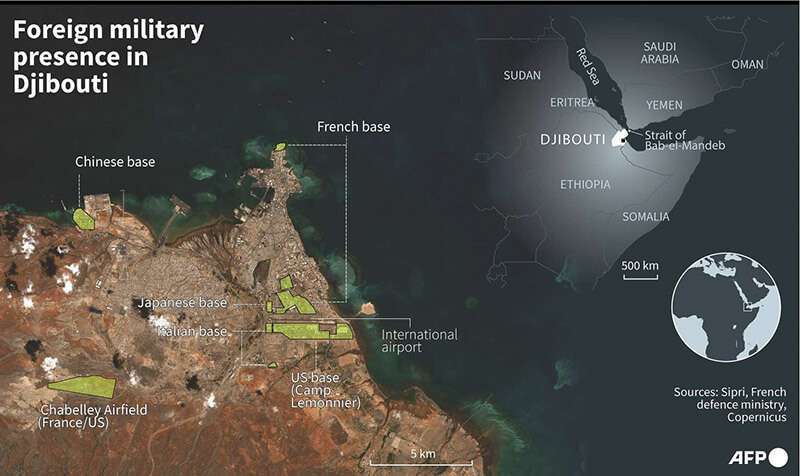China seeks to establish itself militarily in Africa

For several years, China has been developing strong trade ties with Africa on the basis of the Belt and Road Initiative. According to Beijing, these relations are also based on friendly cooperation between China and the African countries with which it partners commercially and economically. However, the Asian giant has also been accused of 'neo-colonialism' and certain countries - especially in the West - look askance at China's expansion on the African continent.
Beijing is already the main trading partner of many sub-Saharan countries. According to figures from the Chinese Ministry of Commerce reported by the IEEE, trade - which has increased significantly in recent years - will reach 300 billion dollars by 2035.

However, trade and economics are not the only sectors through which China is seeking to establish itself in Africa. Since opening a military base in Djibouti in 2017 - its first overseas - Beijing has redoubled its efforts to increase its military expansion in Africa, thereby increasing its global power. As the Africa Center's Paul Nantulya points out, there are currently 2,000 Chinese troops permanently stationed at the Djibouti base. In addition, Beijing has built a pier capable of accommodating an aircraft carrier, which, in Nantulya's words, "allows China to project its power beyond the Western Pacific".
The same is true for this military base as for China's commercial expansion in Africa. Despite Beijing's defence of its good intentions - in this case to fight piracy and keep the peace - little is known about the installation and the activities of the Chinese People's Liberation Army (PLA) in the country. "Citizens are unaware of the Sino-Djibouti security agreement, as Djibouti's courts and media are not independent," explains Nantulya.

After Djibouti, analysts and journalists are wondering where China will set up its next military base on the continent. Africa Center points to Equatorial Guinea, Angola or Namibia as possible destinations, while the US highlights Angola, Kenya, Seychelles and Tanzania, although Equatorial Guinea is not ruled out either. "Where they currently have the most traction is in Equatorial Guinea," says Army General Stephen J. Townsend, commander of the US Africa Command, in a Department of Defence press release.
Whatever the case, it is possible that the construction of such infrastructure will be carried out in secret, as has already happened with the Ream base in Cambodia - which would represent China's second overseas military installation - or the one in Djibouti. Regarding the Southeast Asian country's base, Beijing alluded to "malicious speculation", while refusing to confirm the Djibouti base until construction began.

China began to look to the African continent in military matters at the turn of the millennium. In 2000, the first Forum for China-Africa Cooperation was organised - eight such events have been held since then, the last in 2021 - and this laid the foundation for China's strategy in Africa. Four years later, in 2004, former President Hu Jintao unveiled the concept of 'a new historic mission' for the PLA to enable it to carry out 'various military missions'.

Several years later, in 2011, Beijing flexed its military muscle in the midst of the Libyan crisis. The Asian giant sent a warship and military aircraft to evacuate more than 35,000 Chinese who were in Libya. Many of these nationals worked in the Libyan oil industry or were involved in construction projects.

This reflects how, as China establishes itself commercially and economically in Africa, the PLA is charged with defending those interests. As Foreign Policy notes, China's 2015 Defence White Paper first identified the protection of 'external interests' as a 'strategic mission' of the PLA. Subsequently, in 2019, this document acknowledged that the PLA was developing "overseas logistics facilities" to bolster overseas support in emergency situations, including assessments.

Countries such as the US see this expansion as a threat and China as competition on the continent, but how do African nations feel about it? As the Africa Center states, society is sharply divided. While some governments see the establishment of Chinese military bases as an opportunity to strengthen their grip on power and raise revenue, citizens tend to be more suspicious of such plans.
"Most Africans see China's influence as positive, partly because of large investments in infrastructure, agriculture, education and vocational training. This could change if China starts to be seen as a military power focused on showing military strength rather than a development partner," warns Nantulya.

The African Union has also raised concerns about the number of foreign military bases on the continent, as well as the creation of new such facilities. Already in 2016, the AU called on countries to be "cautious" about signing agreements that facilitate the establishment of foreign military bases. This concern is again highlighted in the organisation's peace and security agenda in 2019.

The Institute for Security Studies in Africa (ISS Africa), within the danger of hosting multiple foreign bases, highlights the competition between different armies, which can damage regional security. The organisation points precisely to "the rivalry developing between the US and China in Djibouti".
ISS Africa accuses foreign powers of using the continent as a zone to develop their competitiveness. "In the event of escalation, the host country and the African continent will be the theatre of confrontation, as well as the recipients of the resulting destruction," it adds.








